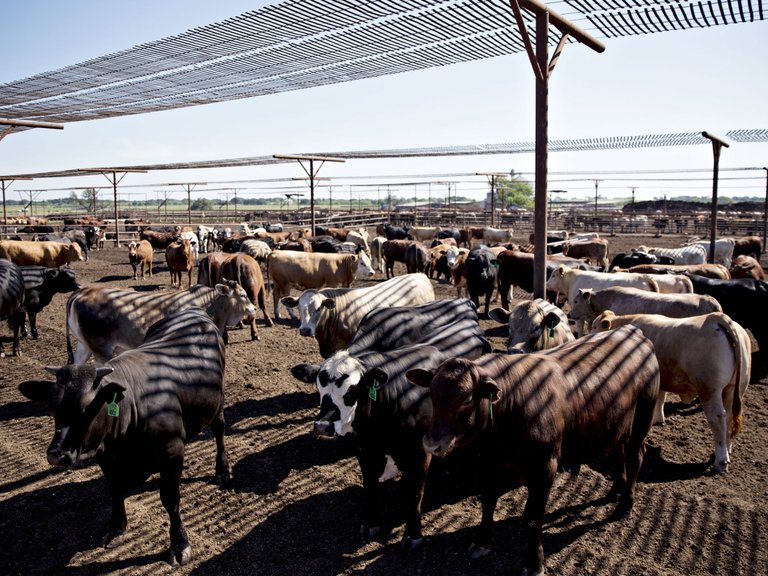Teching The Hell Out Of Meat
Animal meat production is slow, rigid, and wasteful. Plant- and cell-based meat production is swift, nimble, and sustainable.
https://www.wired.com/story/alt-meat-trounces-animal-meats-massive-inefficiencies/
Nature determines the pace of meat development. For beef, a cow needs to be impregnated, carry to term, birth a calf, and then allow 18-24 months for the calf to be ready for slaughter.
This is the process that humanity used since it first started farming thousands of years ago.
Now, we are in an era where things are changing. Technology is making it possible to alter the production pace of meats. Instead of depending upon nature, we are looking at the ability to deliver more meat in a much quicker period of time.
At present, we are looking at something in the very early stages. However, within a decade, this will likely be the preferred method of meat production. There simply are too many benefits to the new approach.

One of the core components with this is economic. It is impossible to forecast out years ahead. How is one to know what the beef or chicken market will be when going to slaughter? With beef, it is a multi-year process. Even with chickens, it pushed the 24 month mark when all is accounted for.
Thus, it is impossible for meat producers to predict what the market will be like. Plant and cell-based meats are brought to market in a much shorter period of time. Instead, of years, we can be looking at days.
The components are stored in a dry powder form. This means sustainability while providing the ability to create when demand requires. With a shortened production time, we are looking at a rapid turn around time for consumers.
We also see the ability to create whatever is needed. With a cow, the parts are not produced evenly. Thus, even thought most might prefer sirloin, the fact a cow produces a lot more ground beef means that is what people are going to get. The same goes for chickens since the breast has the most meat yet wings and legs are more plentiful.
A final benefit to all this is the same entity can produce different kinds of meats. Raising cattle is much different than farming salmon. Hence, different companies focus on each. With the new technology, the production of beef and salmon is very similar.
We can expect this industry to explode over the next decade. My guess is that, within a couple decades, traditional ranching will be akin to producing a chart on graph paper as opposed to using a piece of software like Excel.
The companies that are in on this are going to fare better than those that miss the transition. Watch that approach that companies like Purdue take to this new technology. By diversifying into the research, it will protect itself down the road.
At the same time, watch for food producers that are late to the game. Like the retail apocalypse, those who are slow to adapt get slaughtered.
If you found this article informative, please give an upvote and resteem.
Posted via Steemleo


I am a fan of the plant and cell-based meat products @taskmaster4450le and I am really amazed at what they are able to do with things like pea-protein. As you say the quickness and versatility of these products are key. I am actually shocked at how fast companies like Beyond Meat are able to scale their production and I hope they are keeping food safety in the forefront because at this stage in the game bad PR could kill them.
Posted via Steemleo
To listen to the audio version of this article click on the play image.

Brought to you by @tts. If you find it useful please consider upvoting this reply.